As part of Plovdiv – European Capital of Culture 2019, the Regional Ethnographic Museum in the city has prepared an interesting exhibition looking back at the times of the National Revival. Guests and residents of the city will be able to enjoy a glimpse into history during the “Time of the a la franga” exhibition (April 18 –June 18). Partners are the "Ancient Plovdiv" Municipal Institute and the Plovdiv 2019 Foundation.
“Alafranga is a specific style of Plovdiv culture in the middle of the 19th century,” Laura Hristozova from the Regional Ethnographic Museum says. “The city was recognized as an important administrative and trade center of the European parts of the Ottoman Empire and contacts with Europe and the Middle East created favorable conditions for breaking patriarchal traditions and creating a modern lifestyle. It is this transition to modernity that received the name ‘a la franga’ – literally meaning ‘in the French manner.’ But this should not be understood as penetration of cultural influence specifically from France, but in a broader meaning as a new fashion coming from Europe in general.”

Initially, the ‘a la franga’ style met resistance by the conservative oriental society, but gradually began to be seen as an urban fashion. The change took place in all spheres of culture and lifestyle and as a result of these innovations, mixing of the local and "foreign" occurred. In 10 sections, the exhibition shows the characteristic changes that occurred:
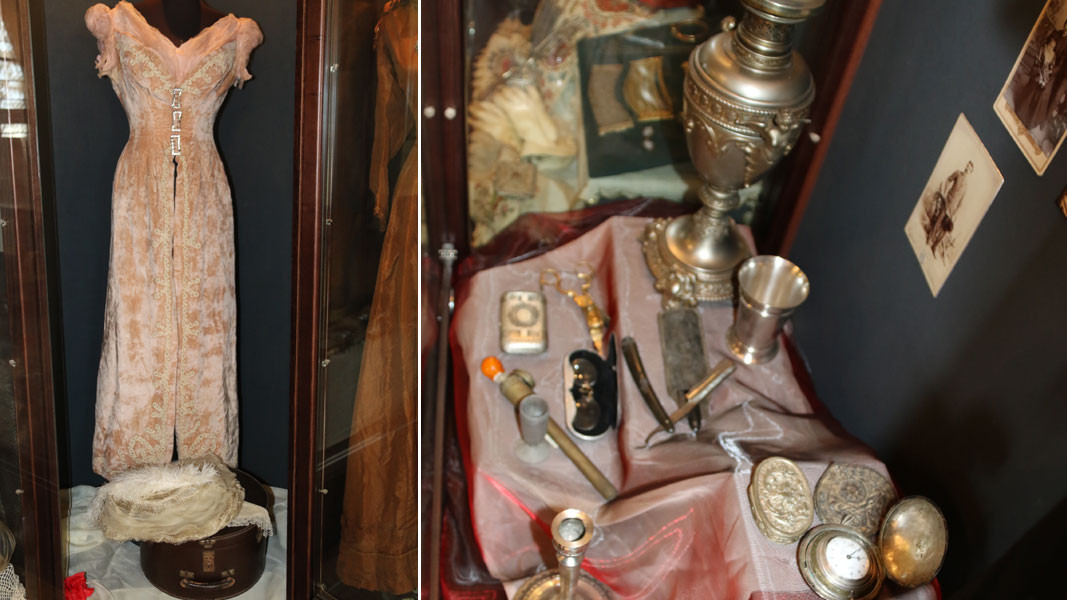
“We tell about the novelties in home interior and furnishing. Separate rooms emerged – kitchen, bedrooms, children's room, as well as furniture with specific functions, like bookcases, bedside tables, etc. Visitors can learn a lot about male and female fashion, too. Dresses in lighter colors were worn by women for special occasions while everyday clothes were darker in color. Everyday clothing usually came in darker colors. The corset and the crinoline emerged, as well as new accessories for the ladies – gloves, hats, umbrellas. Ties and canes became part of men’s clothing,” Laura Hristozova says.
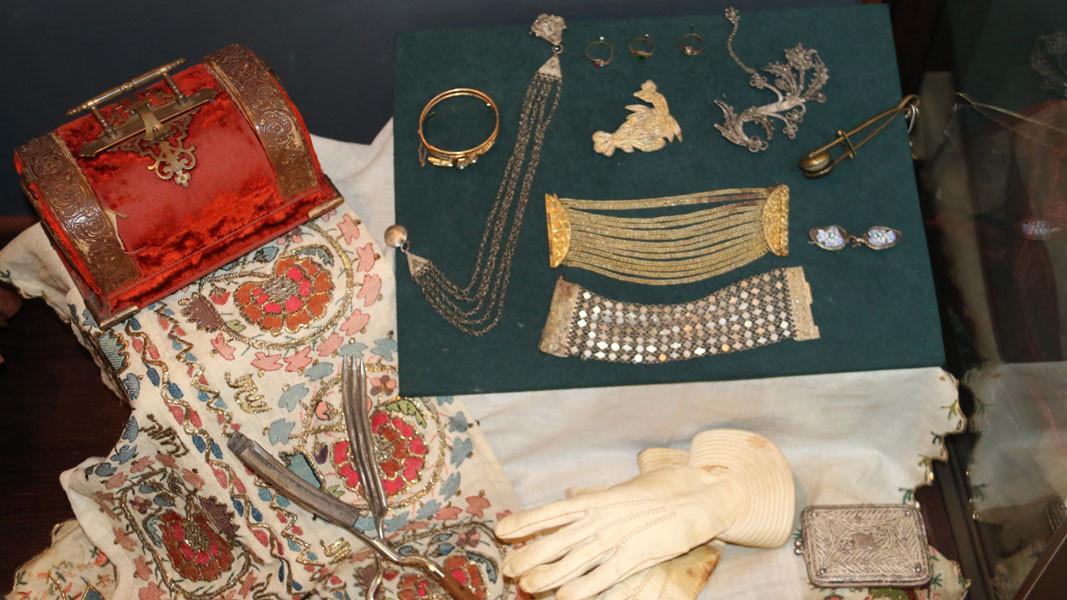
A separate section is dedicated to modern communications. The first telephone conversation in Plovdiv took place back in 1879. The first Plovdiv exhibition took place in 1892, when visitors could see Singer sewing machines, Krupp weapons, and Edison's phonograph.
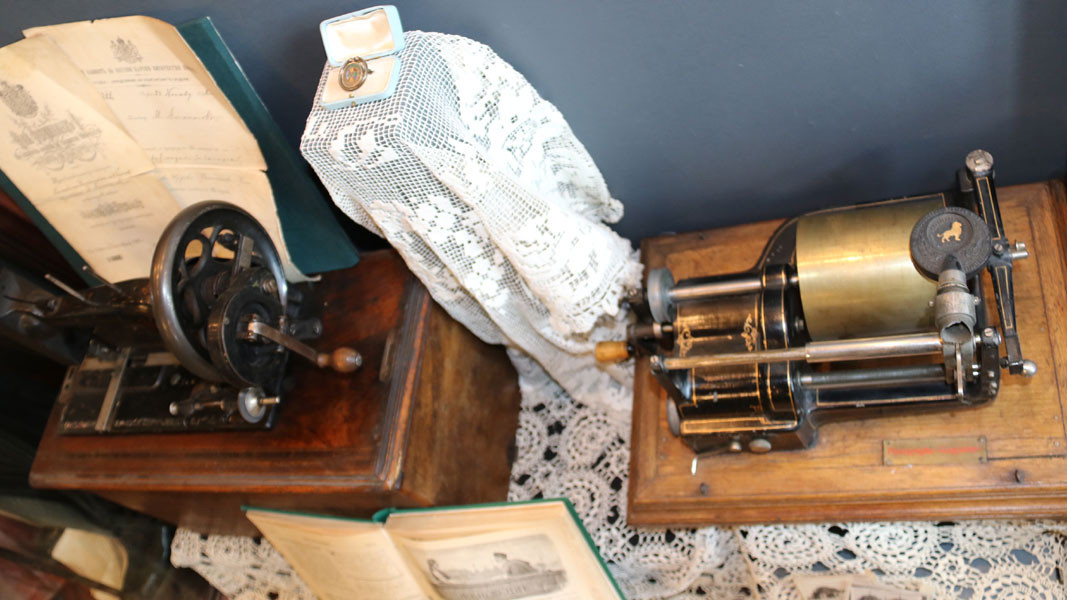
“During the whole period many things happened for the first time in Plovdiv like the first film screening with the predecessor of the cinematograph, the first theater building after the Liberation – the Luxembourg Theater. In 1878 the first issue of the first Bulgarian newspaper of liberated Bulgaria ‘Maritsa’ was published. The first Christmas liturgy, fully served in Bulgarian language, took place in the St. Mary church in 1859. The first book publishing association was established here by Hristo G. Danov,” Laura Hristozova goes on to say.
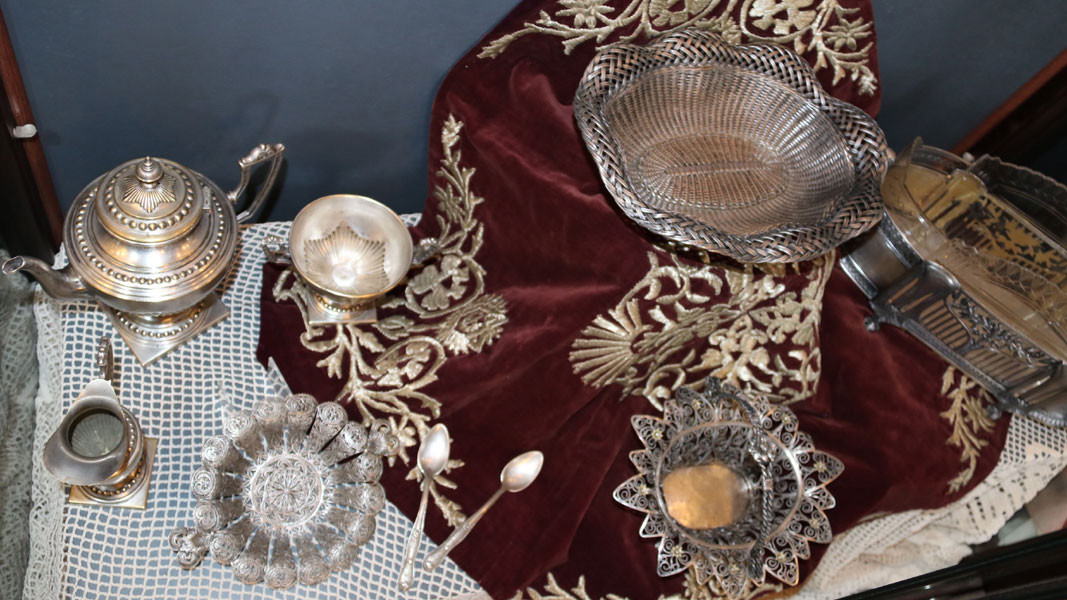
In the middle of the nineteenth century, new pleasures emerged – lemonade and beer served with bread rolls and boiled ham. Coffee was no longer drunk in the Turkish way but in porcelain cups. Emancipation of women also started in this period and some women were even seen smoking cigarettes, which gave them the image of a ‘femme fatale’. Outdoor gatherings were also becoming popular and within the frame of the exhibition in Plovdiv there will will be a reenactment of a garden party.
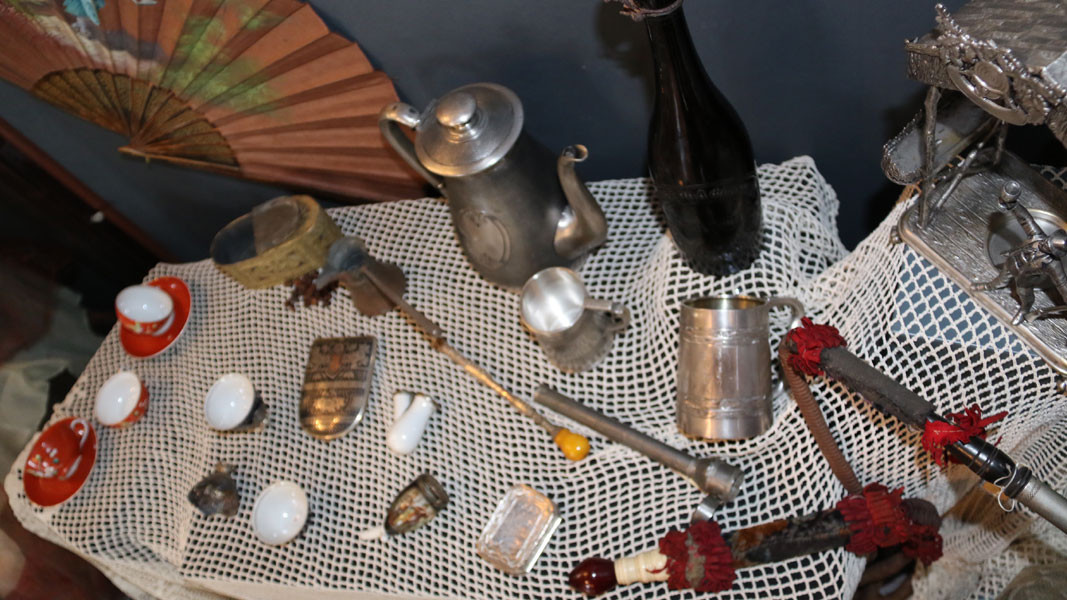
“We will present a map and a guidebook on the a la franga style as part of the architecture of the houses in ancient Plovdiv and our museum in the Kuyumdzhieva House, because niches and walls painted with landscapes from different cities were also called ‘a la franga’. This will be interesting for tourists who will be provoked to visit the respective houses and actually see the European trends of the 19th century as part of the home arrangement,” the Regional Ethnographic Museum in Plovdiv announced.
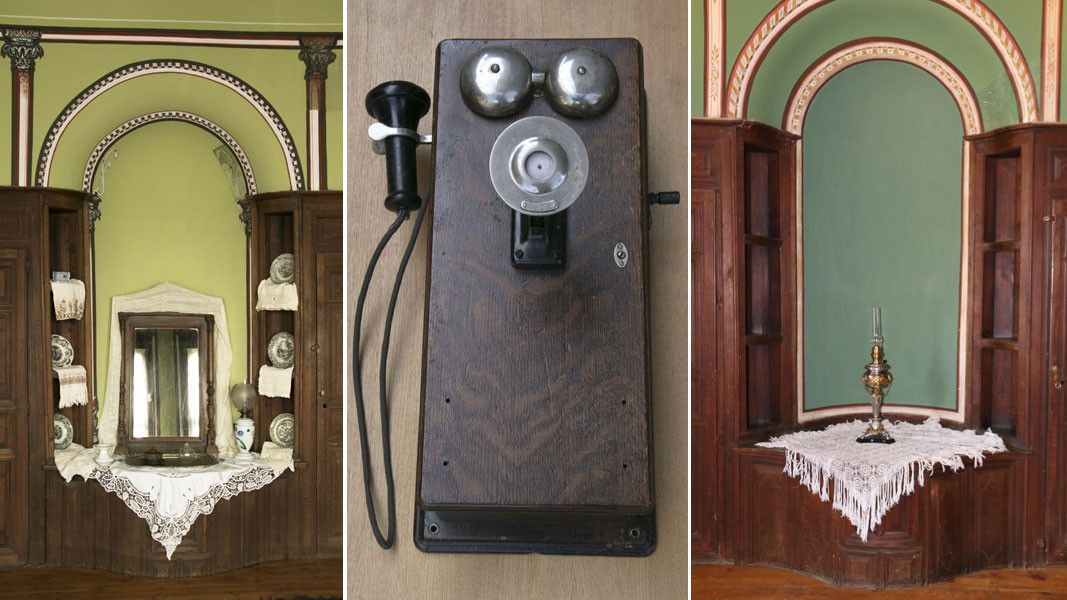
English: Alexander Markov
Photos: Regional Ethnographic Museum - PlovdivThe newest exhibition at the National Museum of Military History in Sofia, 'War and the Creatives: A Journey Through Darkness' opens today, offering free entry as a gesture to those who were unable to visit during the recent renovations. Rather than..
A 5,000-year-long history lies hidden in the ruins of the medieval fortress “Ryahovets” near the town of Gorna Oryahovitsa where active excavations began ten years ago. On this occasion, on November 17, the Historical Museum in Gorna Oryahovitsa..
Just days ago, archaeologists uncovered part of the complex underground infrastructure that once served the Roman baths of Ratiaria - one of the most important ancient cities in Bulgaria’s northwest. Founded in the 1st century in the area of..

+359 2 9336 661
